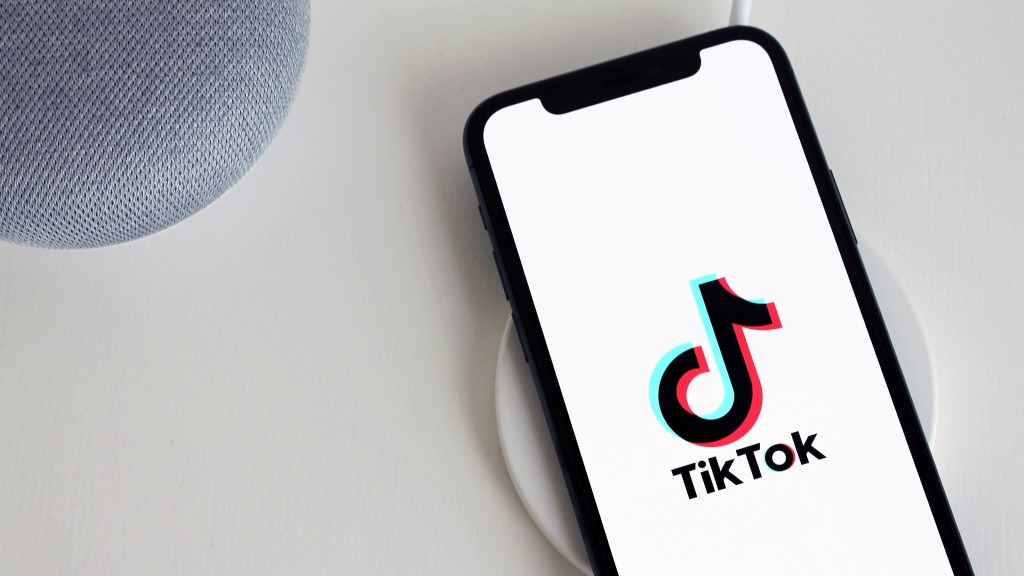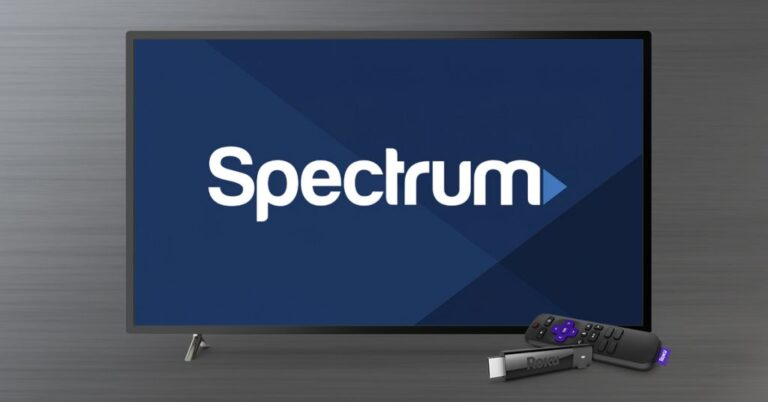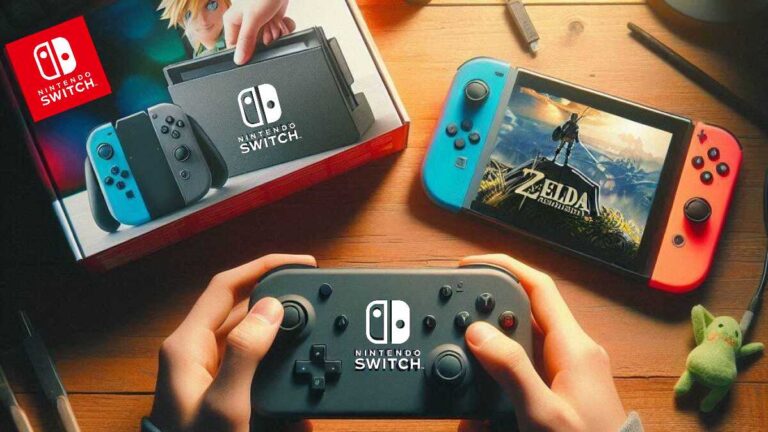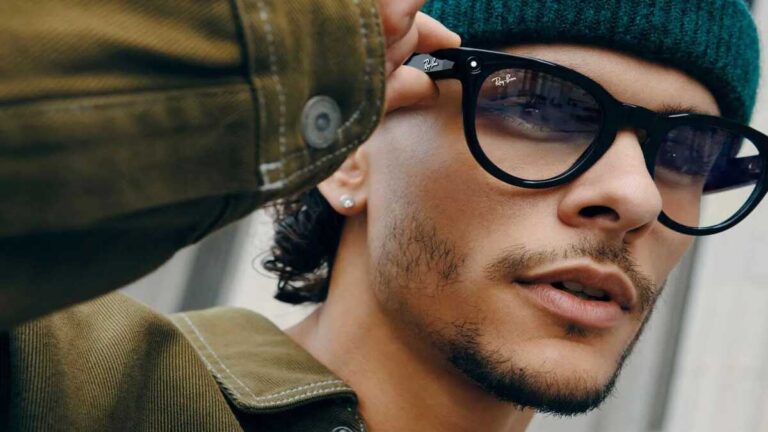Supreme Court Likely to Uphold TikTok Ban in the U.S.: What It Means for Users

It’s hard to miss the buzz surrounding TikTok lately, right? With half the country seemingly glued to their “For You” pages, it’s more than just an app—it’s become a cultural movement. But things are taking a serious turn. The U.S. Supreme Court is now weighing in on a law that could potentially ban TikTok. This isn’t just about dancing videos or viral trends; it’s about national security, free speech, and how we navigate a digital world dominated by social media. Let’s break it all down—what’s happening, why it matters, and what might come next.
What’s Behind the TikTok Ban?
Here’s the deal: Back in April, Congress passed a law aimed directly at TikTok’s parent company, ByteDance. The law says that ByteDance must sell the app by January 19, 2025, or TikTok could be banned in the U.S. The government has raised two major concerns:
- Data Security: They’re worried that TikTok could hand over Americans’ private information to the Chinese government. This includes sensitive data that could potentially be used for spying or even blackmail.
- Disinformation: There’s fear that China could use TikTok as a tool to spread misinformation and manipulate public opinion in the U.S.
A U.S. Congressman put it plainly, saying the law is about “reducing the risk imposed by a foreign adversary to manipulate communications and steal data from the American people.” With ByteDance being based in China, the red flags have been flying high.
Want to listen instead?
Why Is the Supreme Court Involved?
TikTok isn’t taking this quietly. They’ve brought the case to the Supreme Court, arguing that the law violates the First Amendment. Their stance is that TikTok is more than just an app—it’s a platform for free expression. Shutting it down, they argue, would unfairly limit people’s ability to share their views.
On the flip side, the U.S. government sees this as a matter of national security. They argue that ByteDance, as a foreign entity, doesn’t have the same First Amendment protections. Plus, the government believes that the risks TikTok poses to national security outweigh free speech concerns.
Key Points from the Supreme Court Debate
- Ownership vs. Speech: The justices questioned whether this law is truly about ownership or if it’s a veiled attempt to limit speech.
- National Security Risks: Concerns about espionage and the potential for blackmail dominated the discussions.
- Alternatives to a Ban: Some justices wondered if less drastic measures could address the security risks without banning the app entirely.
A decision is expected soon, and all signs point to the court leaning in favor of the law.
Free Speech: Where Does TikTok Stand?
Here’s where it gets tricky. TikTok claims it plays a vital role in free speech. It’s a platform where millions of Americans express themselves, share ideas, and even launch careers. TikTok’s legal team argues that banning the app would stifle creativity and limit where people can publish content.
On the other hand, the government emphasizes that protecting national security sometimes requires tough decisions. Historically, the U.S. has restricted foreign ownership of media companies to prevent undue influence—this isn’t entirely new territory.
What Does This Mean for TikTok Users and Creators?
If TikTok gets banned, it’s not just about losing access to funny videos and life hacks. For creators and small businesses, this could be a financial blow. TikTok has become a crucial platform for earning income through ad revenue, partnerships, and product sales.
Here are some real-world examples:
- A small business owner shared that her sales tripled after going viral on TikTok.
- A cookbook author turned her online following into a successful business after losing her job.
- One creator selling natural deodorant mentioned that 80-90% of his sales come from TikTok.
For these users, no other platform offers the same level of engagement and reach. Alternatives like Instagram or YouTube might help, but they don’t replicate TikTok’s unique vibe.
Why TikTok’s Algorithm Is a Game-Changer
TikTok’s algorithm is the secret sauce behind its success. It’s incredibly effective at personalizing content, which keeps users hooked. This algorithm is also why creators see such high engagement. If TikTok is sold or banned, replicating this level of personalization on other platforms will be a massive challenge. To make things even more complicated, the Chinese government has indicated that they might block the sale of TikTok’s algorithm altogether.
Could Users Find Workarounds?
If TikTok is banned, tech-savvy users might try to bypass the restrictions using workarounds like VPNs. However, these solutions aren’t foolproof. They can be complicated, unreliable, and even risky. Plus, there’s no guarantee they’d work if the app is fully blocked at the network level.
A Global Perspective
The U.S. isn’t the only country grappling with concerns about foreign-owned apps. Countries like India have already banned TikTok due to similar national security fears. The implications of a U.S. ban could ripple worldwide, influencing how governments regulate social media and foreign tech companies.
What Happens Next?
The Supreme Court’s decision is expected within days, and the stakes couldn’t be higher. If the court upholds the law:
- TikTok could be forced to sell or shut down by January 19, 2025.
- If ByteDance can’t sell the app (and they’ve said China won’t allow it), TikTok might disappear from app stores and devices.
On the flip side, if the court strikes down the law, TikTok would continue operating as usual.
There’s also a wildcard: the new administration could step in. The incoming president has hinted at finding a “political resolution” and might extend the deadline by 90 days to explore other options.
How to Prepare for a Potential Ban
If you’re a TikTok user, here’s how you can prepare:
- Save Your Content: Download your favorite videos and photos to ensure you don’t lose them.
- Explore Alternatives: Start building a presence on platforms like Instagram Reels or YouTube Shorts.
- Review Privacy Settings: Double-check your privacy settings on all apps to protect your data.
For creators and businesses, diversifying your online presence is key. It’s better to start now than scramble later.
A Pivotal Moment in Tech and Society
The TikTok ban isn’t just about one app—it’s about balancing national security, free speech, and the role of technology in our lives. Whether you’re a casual user or a content creator, this decision could reshape how we interact with social media.
What are your thoughts on the potential ban? Are you worried about losing TikTok, or do you think the national security concerns are valid? Let’s keep the conversation going in the comments. And don’t forget to stay tuned for updates as the Supreme Court’s decision unfolds.
Also Read:






